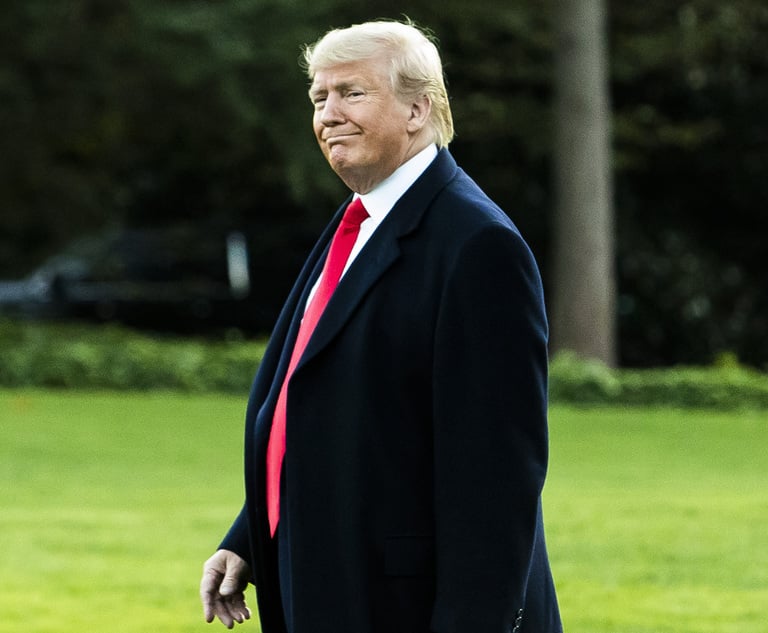In September, Texas became the first state in the country to criminalize “deepfakes”—video clips created with artificial intelligence that make people appear to say or do something they did not. But legal experts questioned the new law’s constitutionality and said the rapidly evolving technology behind deepfakes has the potential wreak havoc on the legal system, particularly when it comes to authenticating evidence in litigation.
Texas Senate Bill 751 (SB751) amended the state’s election code to criminalize deepfake videos created “with intent to injure a candidate or influence the result of an election” and which are “published and distributed within 30 days of an election.” Doing so is now a class A misdemeanor and offenders can be sentenced to a year in a county jail and fined up to $4,000.
This content has been archived. It is available through our partners, LexisNexis® and Bloomberg Law.
To view this content, please continue to their sites.
Not a Lexis Subscriber?
Subscribe Now
Not a Bloomberg Law Subscriber?
Subscribe Now
LexisNexis® and Bloomberg Law are third party online distributors of the broad collection of current and archived versions of ALM's legal news publications. LexisNexis® and Bloomberg Law customers are able to access and use ALM's content, including content from the National Law Journal, The American Lawyer, Legaltech News, The New York Law Journal, and Corporate Counsel, as well as other sources of legal information.
For questions call 1-877-256-2472 or contact us at [email protected]


 Deepfakes (Photo: Shutterstock.com)
Deepfakes (Photo: Shutterstock.com)





